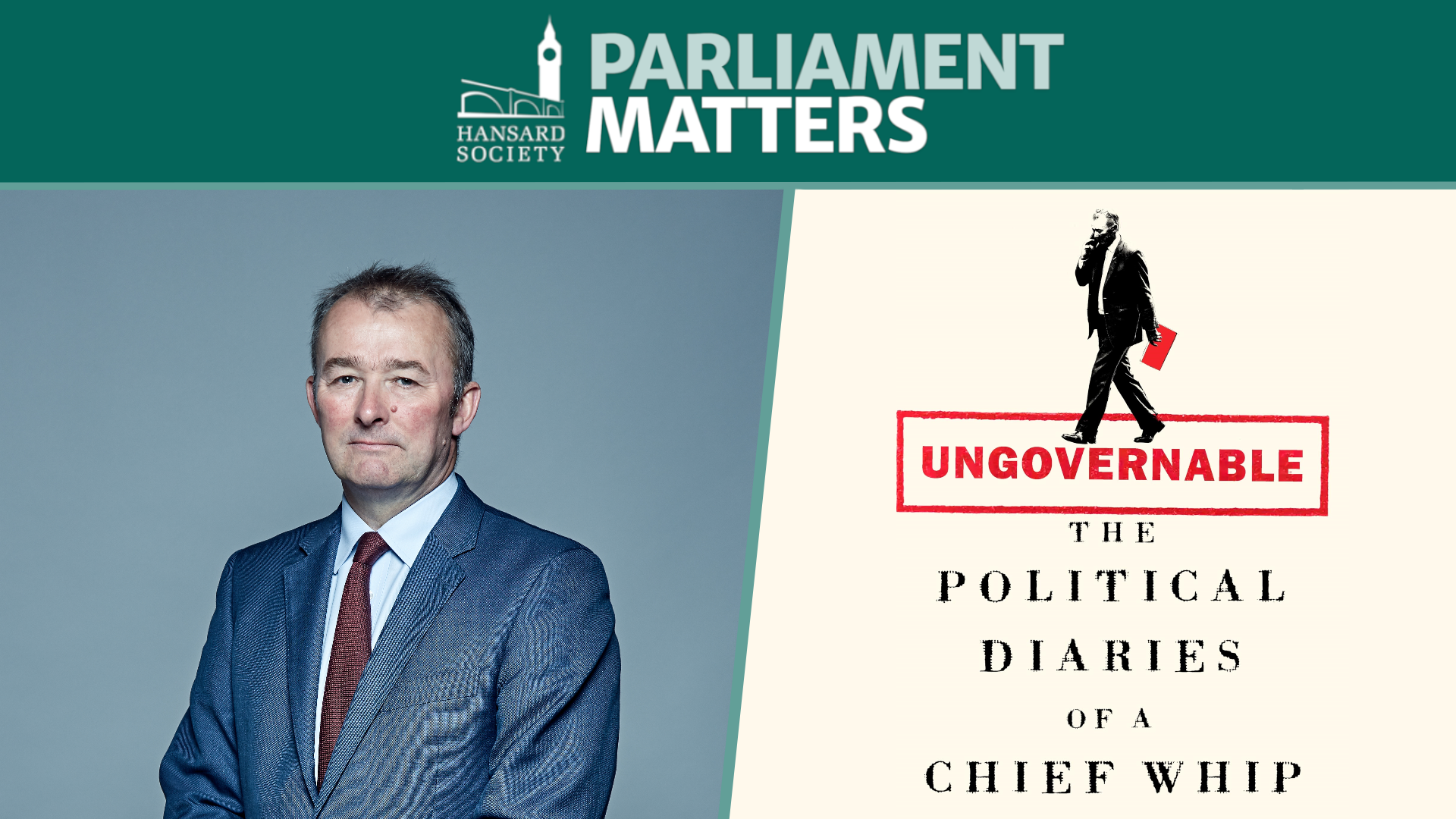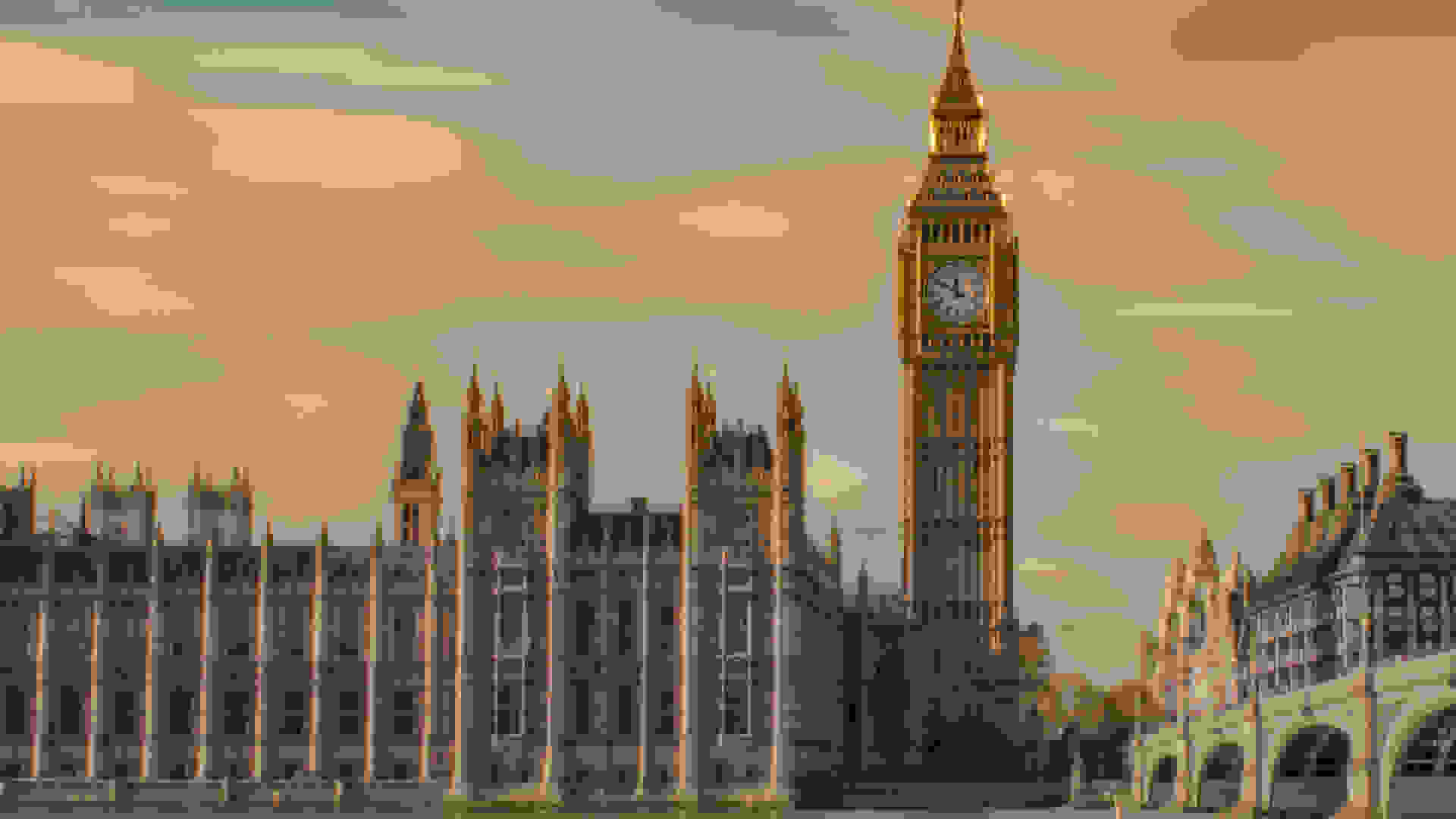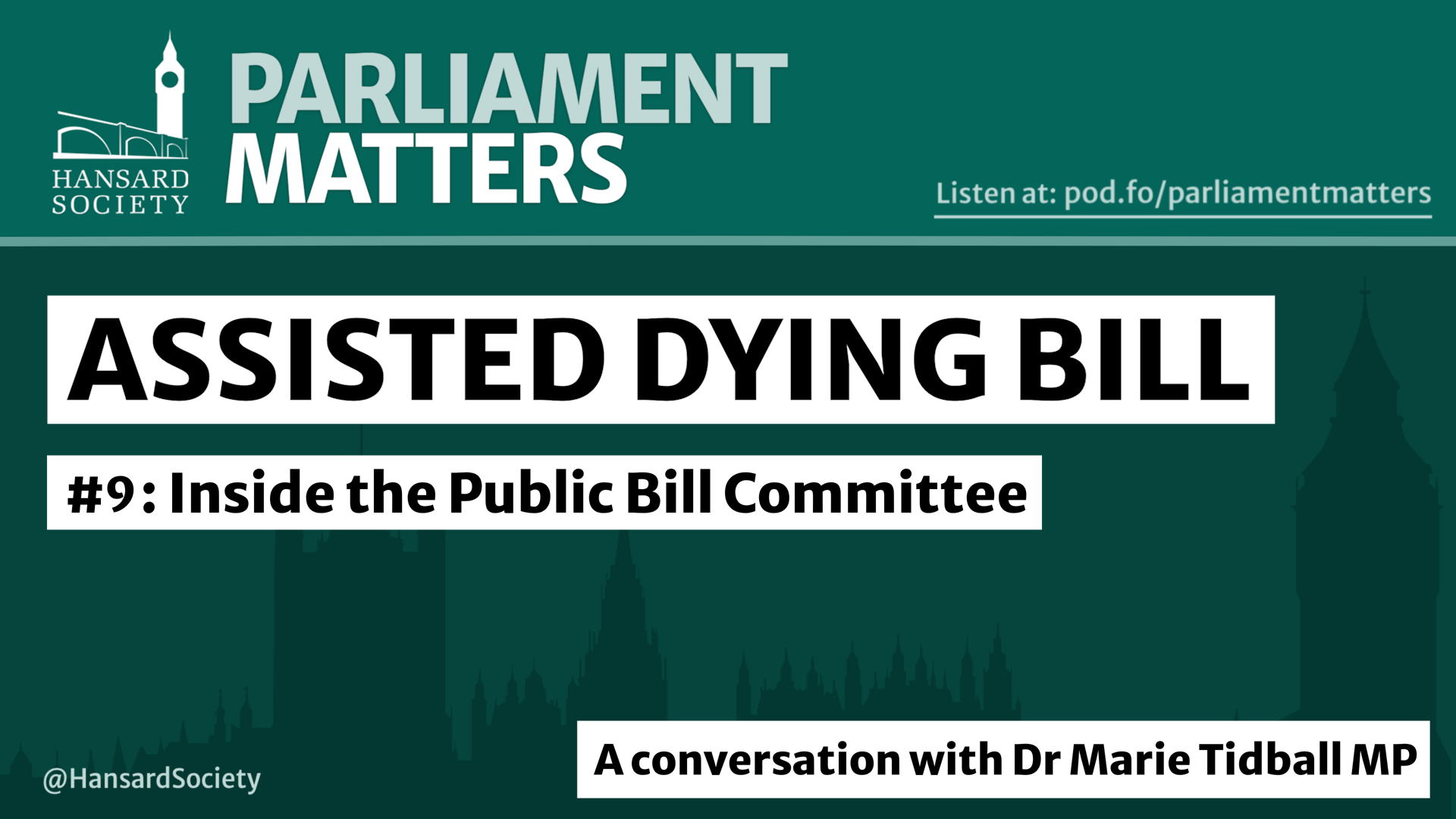Guides / Delegated legislation: Glossary of key terms
Your guide to all the key terms needed to help you understand the delegated legislation system at Westminster and the debates surrounding its reform, from '21-day rule' to 'Tertiary legislation' and everything in between. Last updated: 6 May 2022










